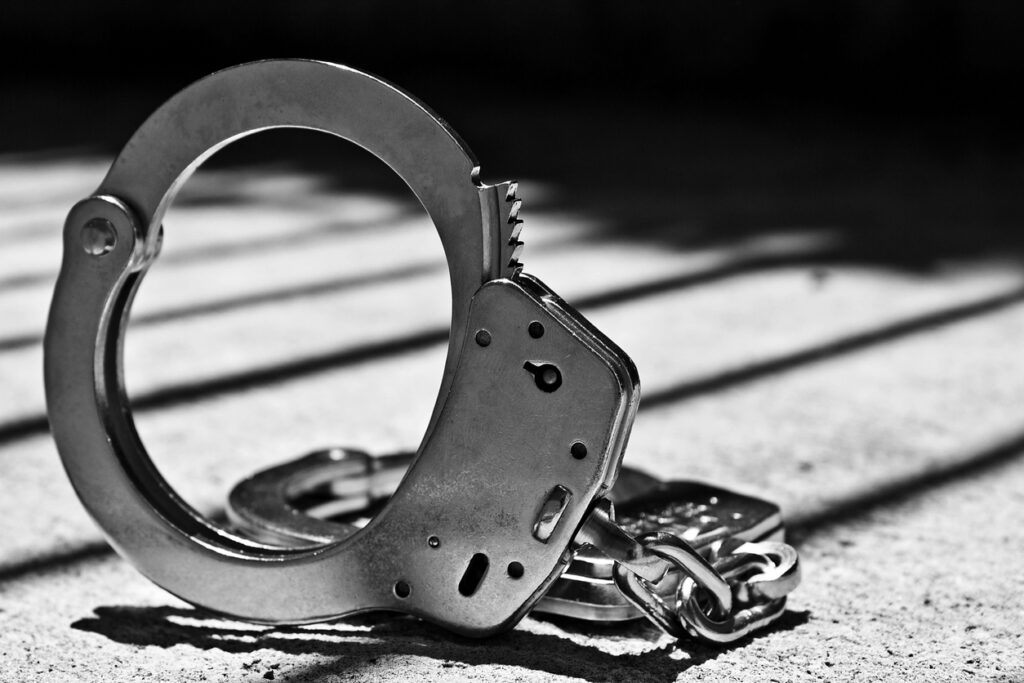According to the Marshall Project, as of April 22, there were at least 9,437 cases of coronavirus in U.S. jails. Because these figures date back to last month, it is likely that these numbers are much higher and growing. Families of those who are incarcerated, lawyers advocating for the incarcerated, and those seeking prison reform have called for prisons to release low-risk inmates to reduce the risk of them contracting the coronavirus and to reduce the spread of coronavirus in prisons. Because prisoners live in close quarters with close contact, it can be difficult to “flatten the curve” in a prison. It isn’t clear whether testing in U.S. prisons is sufficient to adequately track the spread of the coronavirus.
According to Vox, prisoners “share everything from cells to showers to dining spaces.” Because prisons are perfect breeding grounds for the illness, there is concern that once the coronavirus takes hold in the prison population, it is likely to spread to many of the prisoners in the facility. Attorney General William Barr has asked prisons to identify low-risk, non-violent inmates, who could potentially be at risk of the coronavirus who may be safer spending the remainder of their time in “home confinement.”
Unfortunately, prisons tend to use algorithms to determine which prisoners are low-risk, and these algorithms have been shown to have a “preference” for white offenders. This means that offenders of color who might be at risk of contracting serious illness as a result of the coronavirus may not be given the opportunity to serve the remainder of their sentence at home. Families of these inmates have been calling for their release and lawyers have been looking at cases where inmates might be safer at home.
Vox identified another issue: offenders who are serving life sentences or long-term sentences who are elderly and at risk of becoming seriously ill due to the coronavirus. How should this elderly prison population be protected?
There are other issues that Vox identified. Hand sanitizer is banned in some prisons because of the fear that prisoners will use it to make alcohol. And in some prisons, prisoners have to pay money just to access soap. These are all issues at a time when sanitation is essential. In fact, some families have pursued lawsuits against prisons claiming that their loved ones grew sick or died because of lack of proper sanitation in prisons. Another issue is the limitation of medical services in some communities and the limitation of medical providers within correctional facilities.
All of this is understandably concerning for families of those who have been incarcerated. If you think your loved one should qualify for early release, a criminal defense lawyer may be able to review your loved one’s situation and see whether he or she qualifies. Ballard Law, PLLC is a criminal defense lawyer in Jackson, Mississippi that is closely monitoring the situation in local jails and who can take steps to protect the rights of the accused and those who may stand to benefit from early release. Reach out to Ballard Law, PLLC today or connect with USAttorneys.com to get matched with our criminal defense lawyer.

